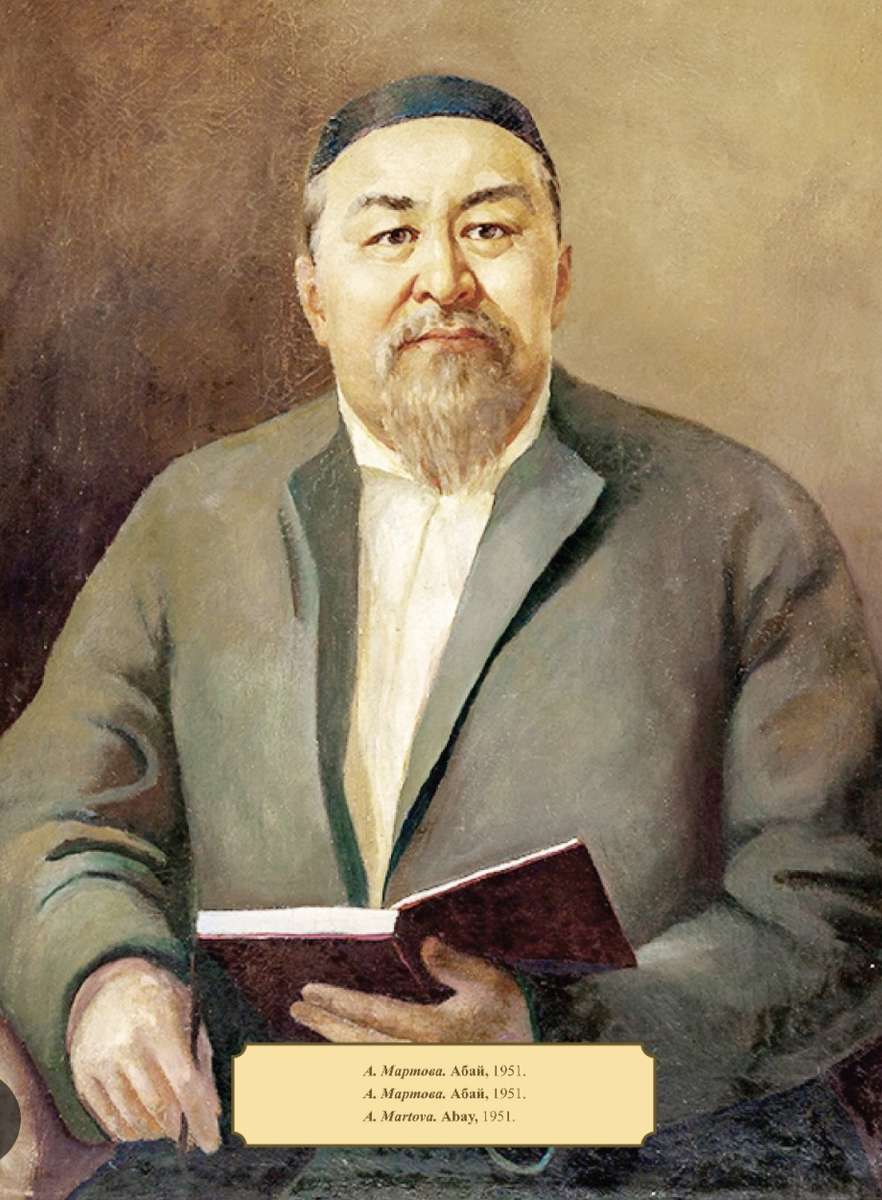
1892
How do our people make a living?
There are two ways. One is by stealing. A thief hopes to grow fat on what he has stolen, and a bey hopes to increase his herds by recovering what has been stolen from him and more besides. Those in authority will fleece both the bey and the thief by promising the former to help recover his stolen livestock and the latter to evade justice. Your average man will inform on the thief to the authorities, at the same time aiding and abetting him by buying up the stolen goods for a song. There is another way: ordinary people are persuaded by crooks to resort tricks they would otherwise never have dreamt of. Do this or that, they say, and you’ll be rich and famous, you will be regarded as invulnerable and your opponents will fear you. Fanning evil passions and setting people against one another, the swindlers hope to be of service to someone and profit by this.
That’s the way they live: the grandee by aiding the bey and abetting the thief, and the poor man by sucking up to the powers that be and backing them in disputes, siding now with one, now with another party, and selling dirt-cheap his honor, his wife, his children, and his kith and kin.
If there were no thieves and swindlers, our people would think carefully. They would be only too glad to work honestly and seek goodness and wisdom if the bey could make do with what he has, and the poor man, without losing hope and faith, could earn what he lacks.
Despite themselves, the common people get involved in dirty business. Who is strong enough to uproot this evil? Will honor and pledges, loyalty and conscience sink into oblivion?
There might be a force capable of taming the thief. But what about the bey who out of greed connives with the swindler — who will make him see reason and how?
